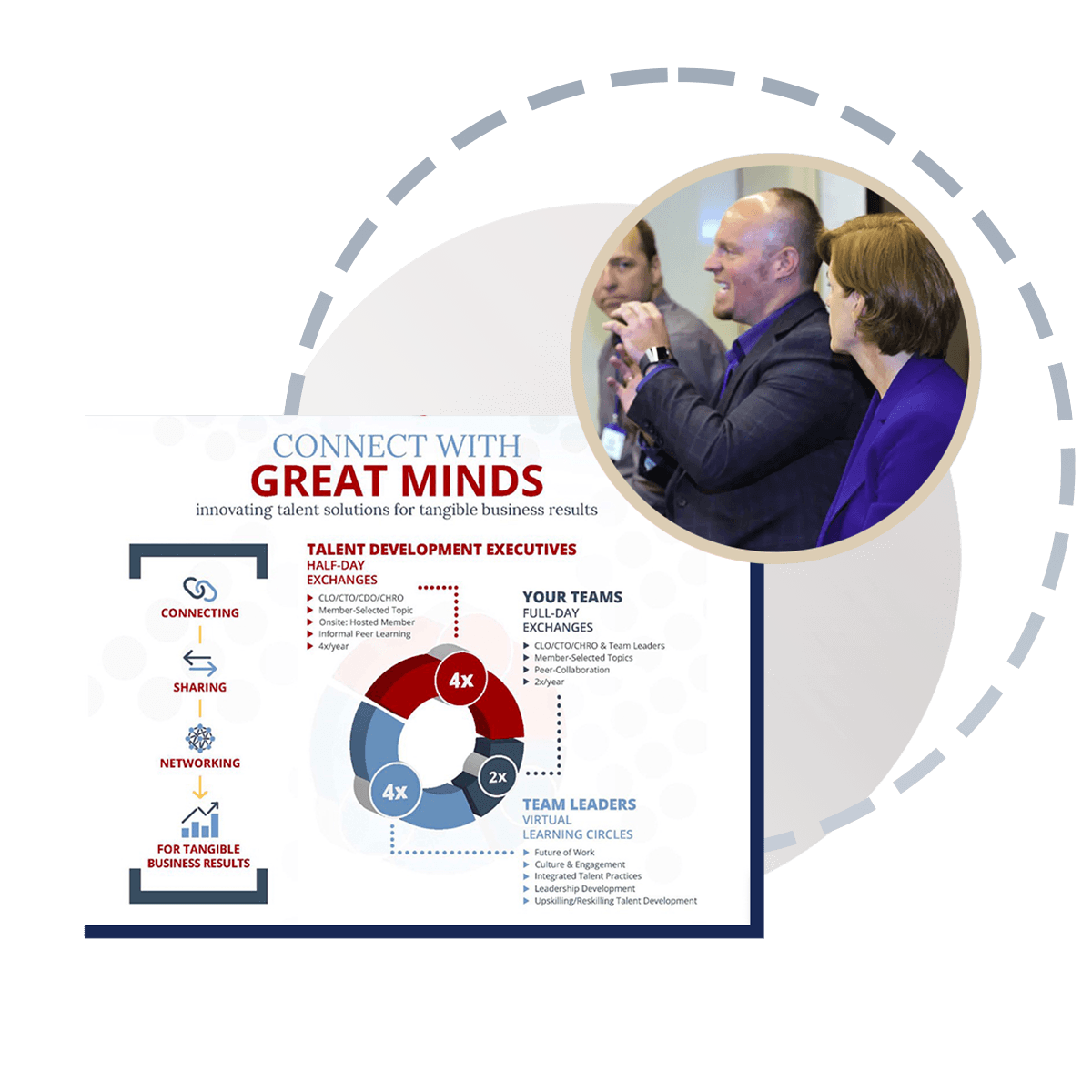As HR Talent Leaders, the responsibility lies in fostering a culture of continuous learning and development within organizations. In today's rapidly evolving business landscape, cultivating a "learning organization" is imperative for driving innovation, employee engagement, and long-term success.
The concept, as defined by Michael Kester, envisions an environment "where people continually expand their capacity to create desired results, nurture new thinking patterns, set free collective aspirations, and continually learn to see the whole together."
Three key takeaways emerged:
1. Cultivating a trusting culture of psychological safety, treating failures as learning opportunities, is critical for becoming a generative, learning organization. Rachad stated, "When collaborating with peers, it will be an investment in self-development – a powerful yet difficult mindset to instill in large companies."
2. Shifting the organizational mindset to view knowledge sharing and collaboration as crucial for personal development is difficult but essential. Daniel Ranta emphasized being "deliberate in the approach to give the greatest chance of success in this maturity model."
3. Evolving an organization's learning capabilities requires a deliberate, long-term strategy integrating changes to culture, structure, rewards, technology, and governance models. GE's case study highlighted the challenges in transitioning from hierarchical to networked learning models.
Fostering peer-learning communities, encouraging knowledge sharing, and providing a psychologically safe environment empowers teams to expand capabilities, nurture innovative thinking, and unlock collective aspirations.
Cultivating a learning culture is a journey, not a destination. Embracing this challenge with determination, vision, and commitment enables organizations to thrive amid constant change.
